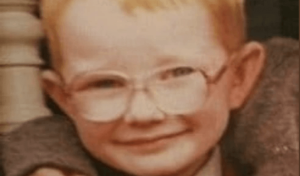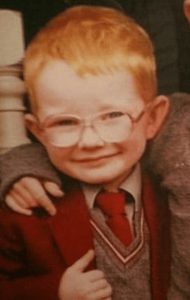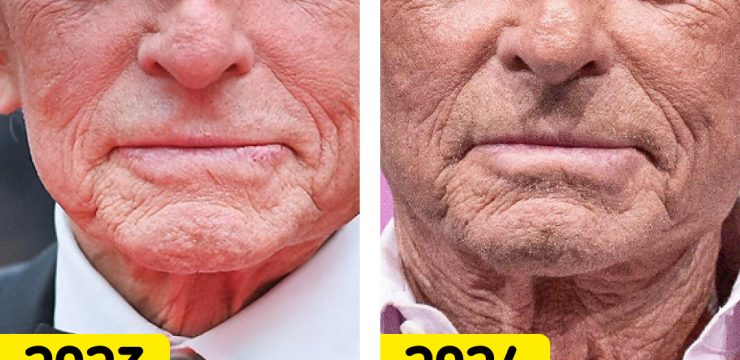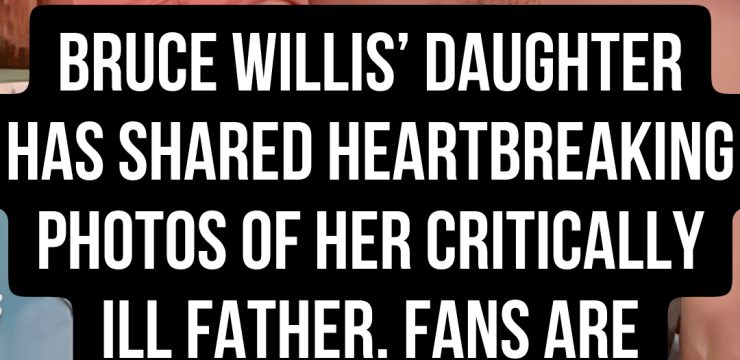He wasn’t supposed to make it. At least, that’s what the world thought. A scrappy, redheaded kid with a secondhand guitar, strumming away on the streets of London, playing for coins and the occasional smile. He didn’t have a manager. He didn’t have a label. There was no agent smoothing out his journey or corporate team pushing him forward. All he had was a dream, a whole lot of heart, and a belief—an unshakable belief—that his music could make a difference. Not just to the world, but to his own life. That belief, as stubborn and wild as the curls on his head, would go on to prove everyone wrong.

He came from humble beginnings. Raised in a tiny village far from the glare of any major city, he was a small-town boy with a world-sized vision. Born in Halifax, England, in 1991, he wasn’t born into wealth or fame, but into the ordinary, the everyday. From a young age, he was fascinated with sound—melody, rhythm, the stories songs could tell. By the time most kids were still trying to figure out what they wanted to be, he was already writing lyrics, singing in school choirs, and experimenting with melodies. He picked up his first guitar before he even hit his teenage years. Influenced by the emotional depth of artists like Damien Rice, he started penning his own music, the kind that didn’t just rhyme or sound pretty—it meant something. It came from the gut. It bled truth.
At sixteen, most teenagers are worrying about final exams or who to take to prom. He, on the other hand, made a bold move. He dropped out of school and moved to London. Not to chase girls or party, but to chase something even more elusive: success in music. It wasn’t glamorous. He wasn’t living in a cozy flat with studio connections. He crashed on friends’ couches, often without knowing where he’d sleep the next night. Sometimes he didn’t even have a couch—just a cold patch of pavement or a stranger’s floor. He performed anywhere that would take him—coffee shops, open mics, school auditoriums, pubs filled with half-interested patrons. There were nights he sang his heart out to a room of five people and still gave it his all, night after night. In one year, he performed nearly 300 shows. That’s almost one performance every single day.
He wasn’t trying to go viral. There was no TikTok. No TikTok strategy. No label-crafted branding. Just raw passion and a growing library of music that captured human emotion in ways most couldn’t articulate. Still, the industry remained silent. Rejections piled up. He was told he didn’t look like a pop star, didn’t have the voice for the mainstream, didn’t have the “it” factor. But that fire in his chest, the one that told him to keep going, didn’t flicker. It burned brighter.
Then came 2010—the turning point. The year when his relentless effort met the right opportunity. One of his self-written, heartfelt songs found its way onto the internet. It wasn’t produced in some fancy studio. It didn’t have glossy visuals. But it was real. And that authenticity struck a chord. People began to take notice, and among them was someone truly unexpected: Jamie Foxx. Yes, that Jamie Foxx. The Oscar winner. The superstar. The Hollywood legend. Somehow, across oceans and cultures, this actor heard something in that young Brit’s music that the traditional music world had missed.
Foxx didn’t just praise him—he invited him to Los Angeles. He offered him a place to stay, a chance to record in his private studio, and something even rarer in the industry: belief. With Foxx’s support, the young musician recorded and released an EP titled No. 5 Collaborations Project. Still unsigned, still doing things his way, the project exploded. One of the songs shot up to number two on iTunes. Think about that—no label, no marketing team, no radio play, and yet, it forced the industry to turn its head. Suddenly, they had to pay attention.
His music wasn’t flashy. It wasn’t designed in a boardroom. It was honest. His debut album, Plus (+), dropped in 2011, and it wasn’t just another pop record—it was a storybook set to music. The kind of album that made you feel seen. Songs like “The A Team,” which told the story of addiction and struggle, or “Lego House,” a tender ballad about love and repair, became overnight anthems for a generation that was tired of autotune and superficiality. He gave them something deeper. Something personal.
The world didn’t just hear his music—they felt it. He wasn’t playing a character or fitting a mold. He was just being himself, and that was more powerful than any marketing campaign could’ve been. And from there, it only got bigger.
By 2014, he wasn’t just performing—he was dominating. His second album, x (Multiply), delivered hit after hit. Stadiums filled up. Fans lined up for hours just to catch a glimpse. He went from street corners to arenas, from open mic nights to main stages. His music had matured, but it hadn’t lost its soul. “Thinking Out Loud” became the wedding song of the decade, a timeless melody wrapped in heartfelt lyrics that made people believe in love again. It wasn’t just played at weddings—it became part of the soundtrack to millions of lives.
What made his rise even more remarkable was his versatility. He didn’t just stick to one lane. He collaborated with everyone—from Taylor Swift to Eminem, from The Weeknd to Andrea Bocelli. He could drop a folk ballad and follow it up with a chart-topping pop hit. And each time, it sounded authentic. It sounded like him.

In 2017, he released ÷ (Divide), and with it came “Shape of You.” No one saw it coming. A catchy, rhythmic, genre-blending track that took over the world. It wasn’t just a hit—it was a cultural phenomenon. The song topped charts in 34 countries. It became Spotify’s most-streamed song for years, played billions of times, and danced to by millions. At this point, he wasn’t just successful—he was historic.
And yet, for all his fame, he never seemed to lose that original spark—that gritty, hungry, guitar-playing kid who just wanted to be heard. He remained grounded. He still wrote his songs. Still poured his heart into each line. He didn’t need gimmicks or scandals to stay relevant. He had talent, and he had the kind of humility that made people root for him even more.
He won Grammy Awards. He sold out Wembley Stadium multiple nights in a row. He toured the world and returned home to write about it. He became one of the best-selling artists in music history, all without ever compromising the honesty that got him there in the first place.
For every young musician playing their heart out in a subway station or on a street corner, his story became proof that it was possible. That sometimes, hard work really does beat the odds. That sometimes, being different is exactly what makes you unforgettable.

He turned the pain of rejection into poetry. He turned sleepless nights into soulful songs. He turned the skepticism of record labels into sold-out shows. And he did it all while staying true to the voice inside him—the one that believed when no one else did.
His name is Ed Sheeran.
And his journey—from the cold pavements of London to the warm spotlight of the global stage—isn’t just a music story. It’s a human story. One about persistence, faith, and the incredible things that happen when you never give up on yourself.
Because sometimes, the world doesn’t need another superstar with perfect teeth and a manufactured sound. Sometimes, the world just needs a redheaded kid with a guitar and a whole lot of soul.





